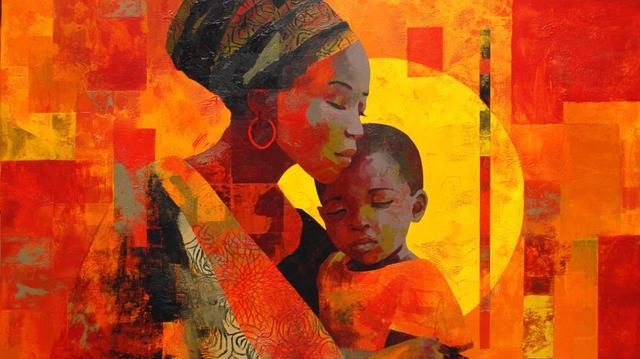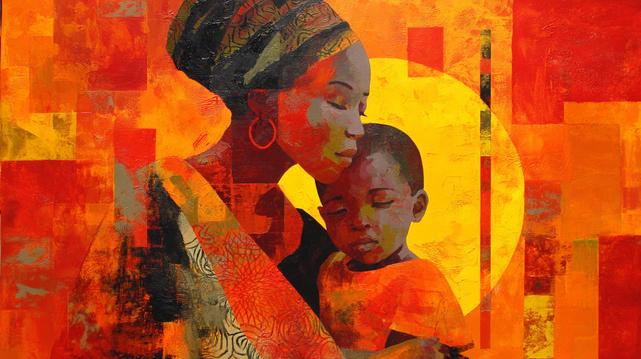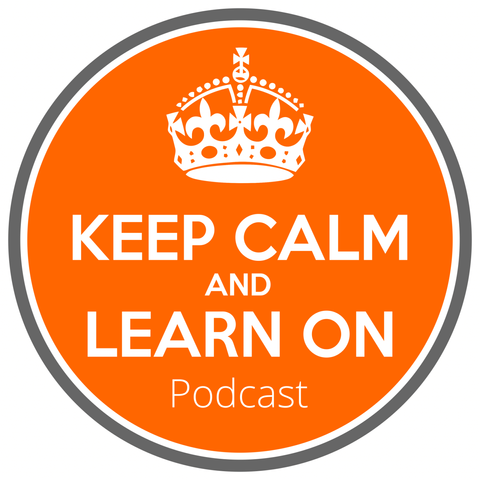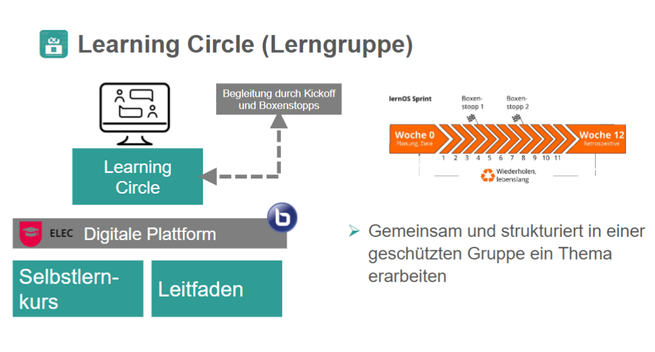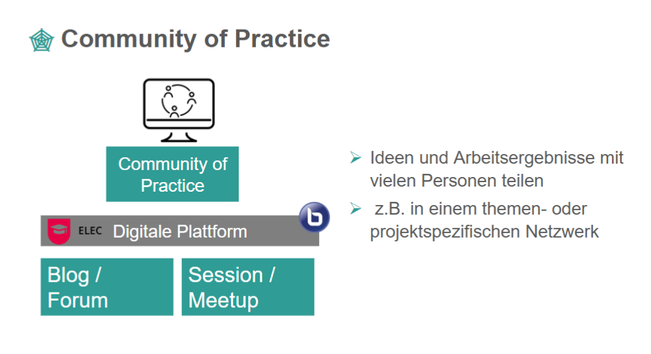When funding shrinks, impact must grow: the economic case for peer learning networks
Humanitarian, global health, and development organizations confront an unprecedented crisis. Donor funding is in a downward spiral, while needs intensify across every sector. Organizations face stark choices: reduce programs, cut staff, or fundamentally transform how they deliver results.
Traditional capacity building models have become economically unsustainable. Technical assistance, expert-led workshops, international travel, and venue-based training are examples of high-cost, low-volume activities that organizations can no longer afford.
Yet the need for learning, coordination, and adaptive capacity has never been greater.
The opportunity cost of inaction
Organizations that fail to adapt face systematic disadvantage. Traditional approaches cannot survive current funding constraints while maintaining effectiveness. Meanwhile, global challenges intensify: climate change drives new disease patterns; conflict disrupts health systems; demographic transitions strain capacity.
These complex, interconnected challenges require adaptive systems that respond at the speed and scale of emerging threats. Organizations continuing expensive, ineffective approaches will face programmatic obsolescence.
Working with governments and trusted partners that include UNICEF, WHO, Gates Foundation, Wellcome Trust, and Gavi, the Geneva Learning Foundation’s peer learning networks have consistently demonstrated they can deliver measurably superior outcomes while reducing costs by up to 86% compared to conventional approaches.
Peer learning networks offer both immediate financial relief and strategic positioning for long-term sustainability. The evidence spans eight years, 137 countries, and collaborations with the most credible institutions in global health, humanitarian response, and research.
The unsustainable economics of traditional capacity building
A comprehensive analysis reveals the structural inefficiencies of conventional approaches. Expert consultants command daily rates of $800 or more, plus travel expenses. International workshops may require $15,000-30,000 for venues alone. Participant travel and accommodation averages $2,000 per person. A standard 50-participant workshop costs upward of $200,000.
When factoring limited sustainability, the economics become even more problematic. Traditional approaches achieve measurable implementation by only 15-20% of participants within six months. This translates to effective costs of $10,000-20,000 per participant who actually implements new practices.
A rudimentary cost-benefit analysis demonstrates how peer learning networks restructure these economics fundamentally.
ComponentTraditional approachPeer learning networksEfficiency gainCost per participant$1,850$26786% reductionImplementation rate15-20%70-80%4x higher successDuration of engagement2-3 days90+ days30x longerPost-training supportNoneContinuous networkSustained capacityCost per implementer$10,000-20,000$334-38195% reductionLearn more: Calculating the relative effectiveness of expert coaching, peer learning, and cascade training
Evidence of measurable impact at scale
Value for money requires clear attribution between investments and outcomes.
In January 2020, we compared outcomes between two groups. Both had intent to take action to achieve results. Health workers using structured peer learning were seven times more likely to implement effective strategies resulting in improved outcomes, compared to the other group that relied on conventional approaches.
What about speed and scale?
In July 2024, working with Nigeria’s National Primary Health Care Development Agency (NPHCDA) and UNICEF, we connected 4,300 health workers across all states and 300+ local government areas within two weeks. Over 600 local organizations including government facilities, civil society, faith-based groups, and private sector actors joined this Immunization Collaborative.
With two more weeks, participants produced 409 peer-reviewed root cause analyses. By Week 6, we began to receive credible vaccination coverage improvements after six weeks, especially in conflict-affected northern regions where conventional approaches had consistently failed. The total programme cost was equivalent to 1.5 traditional workshops for 75 participants. Follow-up has shown that more than half of the participants are staying connected long after TGLF’s “jumpstarting” activities, driven by intrinsic motivation.
Côte d’Ivoire demonstrates crisis response capability. Working with Gavi and the Ministry of Health, we recruited 501 health workers from 96 districts (85% of the country) in nine days ahead of the country’s COVID-19 vaccination campaign in November 2021. Connected to each other, they shared local solutions and supported each other, contributing to vaccination of an additional 3.5 million additional people at $0.26 per vaccination delivered.
TGLF’s model empowers health workers to share knowledge, solve local challenges, and implement solutions via a digital platform. Unlike top-down training and technical assistance, it fosters collective intelligence, enabling rapid adaptation to crises. Since 2016, TGLF has mobilized networks for immunization, COVID-19 response, neglected tropical diseases (NTDs), mental health and psychosocial support, noncommunicable diseases, and climate-health resilience.
These cases illustrate the ability of TGLF’s model to address strategic global priorities—equity, resilience, and crisis response—while maximizing efficiency. This model offers a scalable, low-cost alternative that delivers measurable impact across diverse priorities.
Our mission is to share such breakthroughs with other organizations and networks that are willing to try new approaches.
Resource allocation for maximum efficiency
Our partnership analysis reveals optimal resource allocation patterns that maximize impact while minimizing cost:
- Human resources (85%): Action-focused approach leveraging human facilitation to foster trust, grow leadership capabilties, and nurture networks with a single-minded goal of supporting implementation to rapidly and sustainably achieve tangible outcomes.
- Digital infrastructure (10%): Scalable platform development enabling unlimited concurrent participants across multiple countries.
- Travel (5%): Minimal compared to 45% in traditional approaches, limited to essential coordination where social norms require face-to-face meetings, for example in partnership engagement with governments.
This structure enables remarkable economies of scale. While traditional approaches face increasing per-participant costs, peer learning networks demonstrate decreasing unit costs with growth. Global initiatives reaching 20,000+ participants across 60+ countries operate with per-participant costs under $10.
Sustainability through combined government and civil society ownership
Sustainability is critical amidst funding cuts. TGLF’s networks embed organically within government systems, involving both central planners in the capital as well as implementers across the country, at all levels of the health system.
Country ownership: Programs work within existing health system structures and national plans. Networks include 50% government staff and 80% district/community-level practitioners—the people who actually deliver services. In Nigeria, 600+ local organizations – both private and public – collaborated, embedding learning in both civil society and government structures.
Sustainability: In Côte d’Ivoire, 82% sustained engagement without incentives, fostering self-reliant networks. 78% said they no longer needed any assistance from TGLF to continue.
This approach enhances aid effectiveness, reducing dependency on external funding.
Aid effectiveness: Rather than bypassing systems, peer learning strengthens existing infrastructure. Networks continue functioning when external funding decreases because they operate through established government channels linked to civil society networks.
Transparency: Digital platforms create comprehensive audit trails providing unprecedented visibility into program implementation and results for donor oversight.
Implementation pathways for resource-constrained organizations
Organizations can adopt peer learning approaches through flexible pathways designed for immediate deployment.
The strategic choice
The funding environment will not improve. Economic uncertainty in traditional donor countries, competing domestic priorities, and growing skepticism about aid effectiveness create permanent pressure for better value for money.
Organizations face a fundamental choice: continue expensive approaches with limited impact, or transition to emergent models that have already shown they can achieve superior results at dramatically lower cost while building lasting capability.
The question is not whether to change—budget constraints mandate adaptation. The question is whether organizations will choose approaches that thrive under resource constraints or continue hoping that some donors will fill the gaping holes left by funding cuts.
The evidence demonstrates that peer learning networks achieve 86% cost reduction while delivering 4x implementation rates and 30x longer engagement. These gains are not theoretical—they represent verified outcomes from active partnerships with leading global institutions.
In an era of permanent resource constraints and intensifying challenges, organizations that embrace this transformation will maximize their mission impact. Those that do not will find themselves increasingly unable to serve the communities that depend on their work.
Image: The Geneva Learning Foundation Collection © 2025
#costBenefitAnalysis #fundingCrisis #globalHealth #peerLearning #TheGenevaLearningFoundation #USAID #valueForMoney


